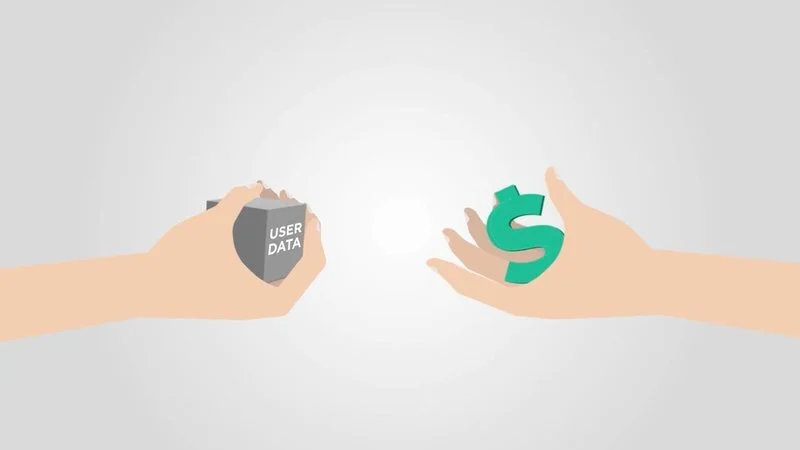Monetizing Privacy
One of the first empirical studies about what we are willing to pay for privacy was released last week. The study was conducted in Germany by the European Network and Information Security Agency (ENISA) and included 443 subjects in both the field and a laboratory setting. The study focused only on monetary transactions -- not social or free exchanges of information. This is an important distinction as it is widely documented the the difference between free and any price at all is huge in terms of consumer behavior and expectations. It follows that this study does not examine the majority of the ways in which our personal data is observed and shared online, but only those instances where data is exchanged as part of a paid service. Clearly, the motivations in this context are distinct, and I hope this is simply the first of many empirical examinations of consumer behavior and personal data.
In Europe, as in the US, recent studies have shown that people are increasingly concerned about how their personal data is being used online, in both transactional and free contexts. A 2011 European study showed 70% of people are concerned that their personal data may be used for a purpose other than that for which it was collected and 75% would like to delete their data from websites when they choose (the "right to be forgotten"). And the widely reported 2012 PEW study showed that while 52% of all Americans use a search engine, 65% object to search engines personalizing results based on browsing history and 73 % feel it is an invasion of privacy. 63% object to targeted advertising based on search history.Headline findings from the ENISA study – even though privacy concerns are high, most people won’t pay more to gain greater privacy AND when the cost is the same, 80% will choose the solution that gathers less of your personal information.
The conclusion -- privacy protections are a competitive advantage more than a new product/revenue stream. In other words, new solutions that bake in privacy will have an edge in the market, all other things being equal. Interestingly, the media coverage of the study (Bits blog covered it as did ReadWriteWeb) primarily emphasized that people won’t pay for privacy – the negative finding – and not the positive finding that privacy offers a powerful competitive advantage. With the huge recent interest in the power of Big Data to deliver whole new levels of profit from marketing analytics, the meme that privacy and transparency confer market advantage is clearly not hip.
The study also concluded with a series of recommendations, primarily focused on privacy policy, a topic also often enshrouded in a yawn here in the US. But Europe has charged ahead of us in many dimensions of the personal data conversation and US companies who are serious about market and thought leadership would be wise to read the recommendations. To summarize:
1. Create a menu of service options where there is a range of options regarding price and personal data collection. Require that all companies offer at least one option where personal data cannot be linked to personal identity. “An increase in transparency of information practices of firms must be accompanied by an increase in price transparency.”
2. Create a set of standardized terms for data protection and privacy so consumers can easily compare between service providers. The way it is now is so complicated, we tend to put our heads in the sand.
3. Ensure that personal profiles are portable between services, to reduce switching costs and intensify market competition. Consumers need to consent to this portability.
4. Personal data protection and privacy is a human right.
This final point makes sense of the previous three. The rights of the individual consumers are the driving concern of this report and this is the lens through which ENISA views the results of the study.
For the smart entrepreneur, there are business opportunities lurking everywhere in this study. And for big companies doing business in the EU, the writing is starting to appear on the wall. Consumer rights will have an impact on this market and privacy will be monetized, but not perhaps in a simple and direct transactional exchange, as the study observed. It will be monetized through offering transparency and value to customers.





